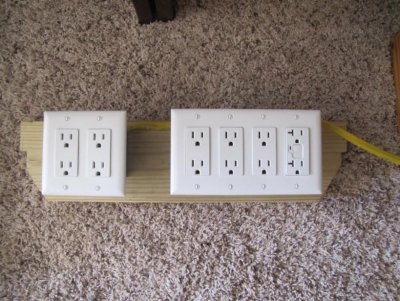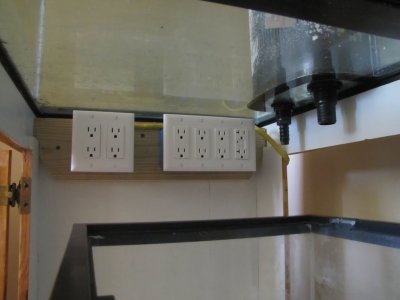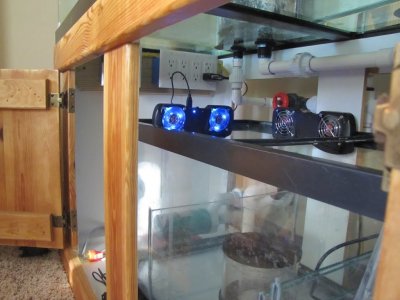How many of you use GFCI outlets for your tank? I was going to get a powerstrip with GFCI, but I was afraid it wouldn't come back on after a power outage. I got a GFCI and installed it, just for the added piece of mind.
I've never used one for many years, and never had a single problem. I've always read where they are imperative to use, but kept blowing it off.
Does anybody have any stories regarding electrical shock with aquariums? I don't think I am going to use a grounding probe. I've thought about it but I've read that they can actually do more harm than good?
I've never used one for many years, and never had a single problem. I've always read where they are imperative to use, but kept blowing it off.
Does anybody have any stories regarding electrical shock with aquariums? I don't think I am going to use a grounding probe. I've thought about it but I've read that they can actually do more harm than good?





















